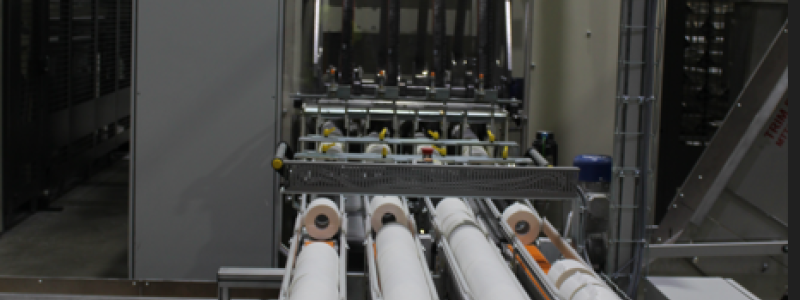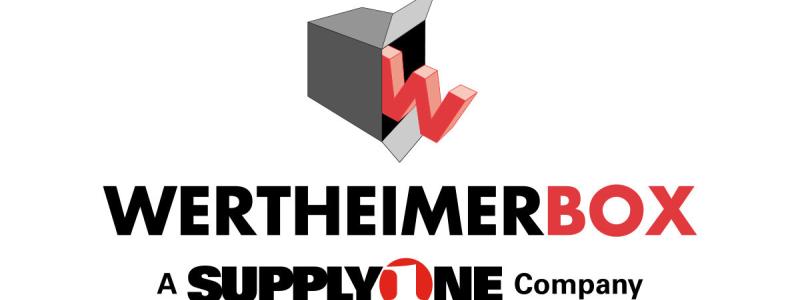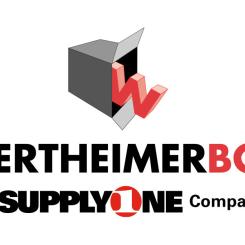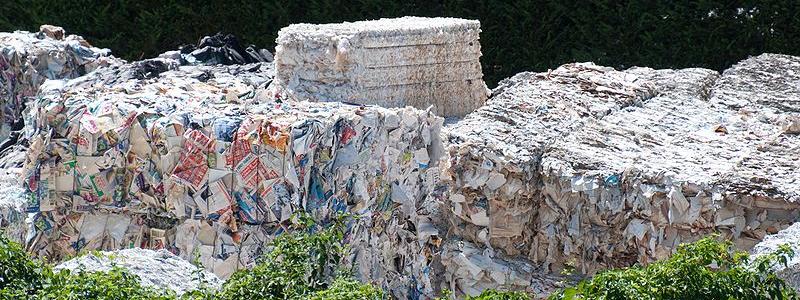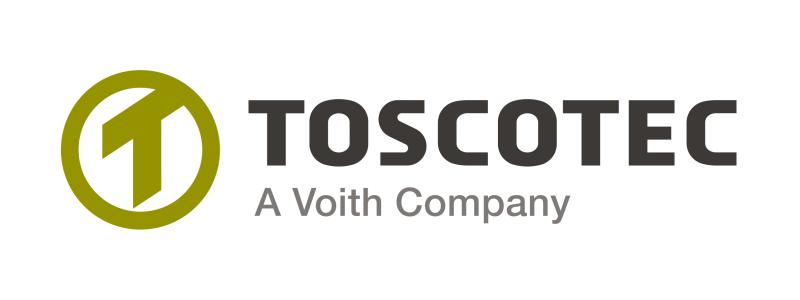Current and upcoming EU regulations are significantly increasing the requirements for packaging. In particular, the EU Packaging Regulation (PPWR) and the EU Deforestation Regulation (EUDR) are impacting the German paper sack industry – from recyclability and recycled content to corporate due diligence.
The members of the German Paper Sack Industry Association (GemPSI) are intensively preparing for the implementation of the new regulatory requirements. "There is currently a great deal of uncertainty, as some secondary legislation is still pending and the practical implementation is partly open to interpretation," explains GemPSI Managing Director Karsten Hunger.
"To ensure that customers of the German paper sack industry continue to receive legally compliant packaging in the future, we are monitoring the legislation very closely."
The GemPSI members are currently assessing whether their current product range complies with the requirements. At the same time, they are continuously working to optimize their packaging and processes for future requirements, where necessary. EUDR replaces EUTR from the end of 2025 The EUDR entered into force in June 2023 as part of the EU Green Deal to combat global deforestation and forest degradation. It replaces the previous EU Timber Regulation (EUTR) and applies to various product groups, such as coffee, cocoa, palm oil, and wood, as well as products made from them.
Products made from recycled paper are excluded. It was originally planned to apply from December 30, 2024, but was postponed due to technical issues. December 30, 2025, is now the new deadline for the timber supply chain, which also includes paper sacks.
From this date, paper sack manufacturers are required to implement a due diligence system. This system includes two key elements. First, the documentation of relevant supplier data. This includes obtaining evidence of the EUDR compliance of the paper they purchase and use. They obtain this from the importers or paper manufacturers. They are required to collect geolocation data of areas of origin and assign reference and verification numbers, as well as to carry out a risk description and assessment.
Secondly, the submission of a digital due diligence statement (DDS) via the central EU platform TRACES NT (TRAde Control and Expert System – New Technology), in which all information is documented and made accessible to control authorities. Each item will receives a unique reference number that is linked to the reference numbers of the upstream suppliers. Small and medium-sized enterprises are exempt from the digital declaration requirement as well as from the risk description and assessment.
Source: Gempsi

















